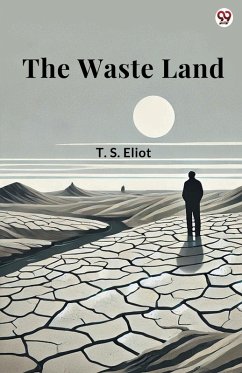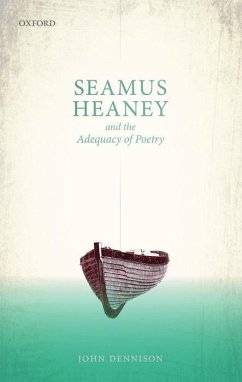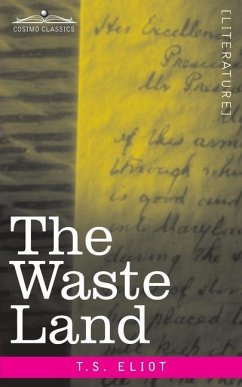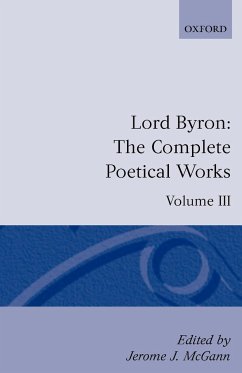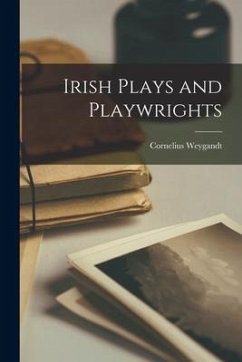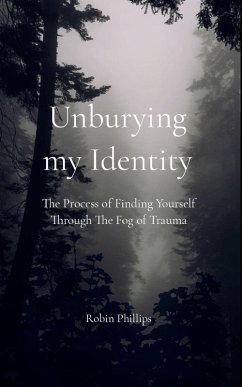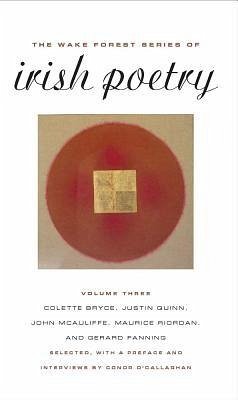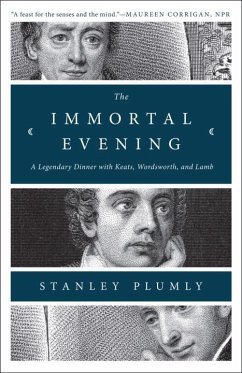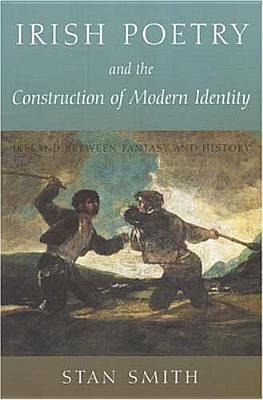
Irish Poetry and the Construction of Modern Identity
Ireland Between Fantasy and History

PAYBACK Punkte
14 °P sammeln!
Among its various progenitors, literary Modernism can number two major Irish writers, James Joyce and W. B. Yeats, and a third, Samuel Beckett, who carried the 'revolution of the word' into a second generation. Yet Ireland as a nation came late to modernity. From the date of its symbolic inception as Europe's 'newest' state, retrospectively conferred on that foundational act of insurrection at Easter 1916, through the era of new nationalisms of the interwar and the parochialisms of the immediate post-War periods, Ireland turned its back not only on the challenge of modernisation but on the art...
Among its various progenitors, literary Modernism can number two major Irish writers, James Joyce and W. B. Yeats, and a third, Samuel Beckett, who carried the 'revolution of the word' into a second generation. Yet Ireland as a nation came late to modernity. From the date of its symbolic inception as Europe's 'newest' state, retrospectively conferred on that foundational act of insurrection at Easter 1916, through the era of new nationalisms of the interwar and the parochialisms of the immediate post-War periods, Ireland turned its back not only on the challenge of modernisation but on the artistic, cultural and political transformations which accompanied it, compelling many of its finest writers to become actual or what Seamus Heaney has called 'inner migrs'. A second generation of Irish Modernists, Beckett, MacNeice, Devlin, Coffey, MacGreevy, Fallon, Clarke, sought ways out of the introverted, exclusivist and sectarian closure of 1930s Ireland, in part by a revolt against Yeats's



